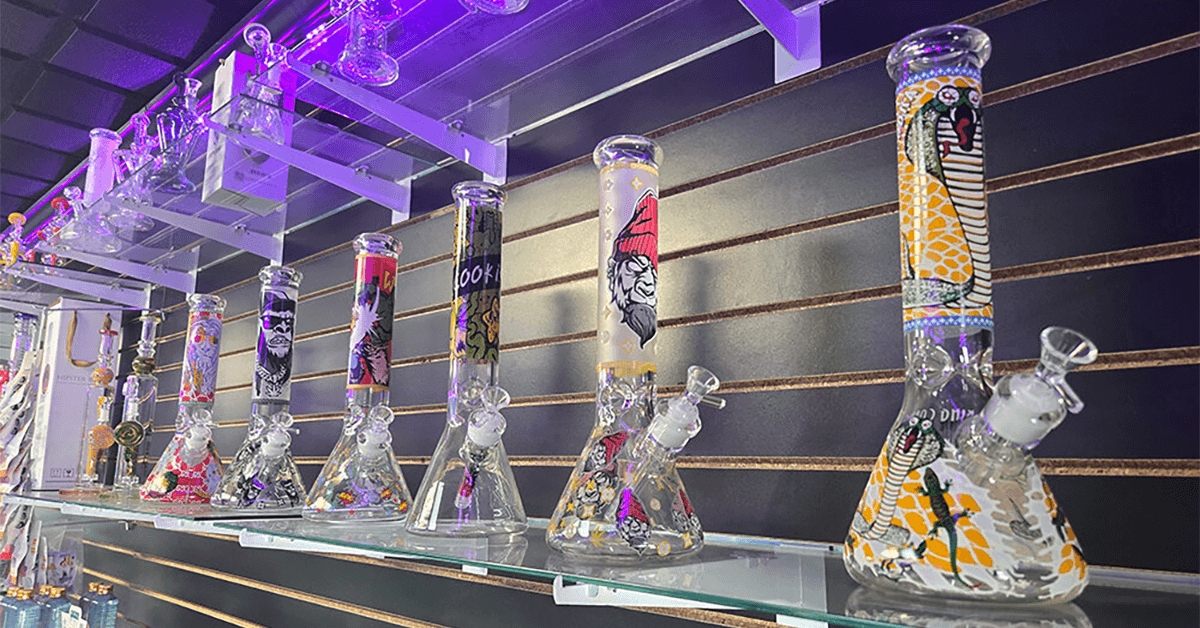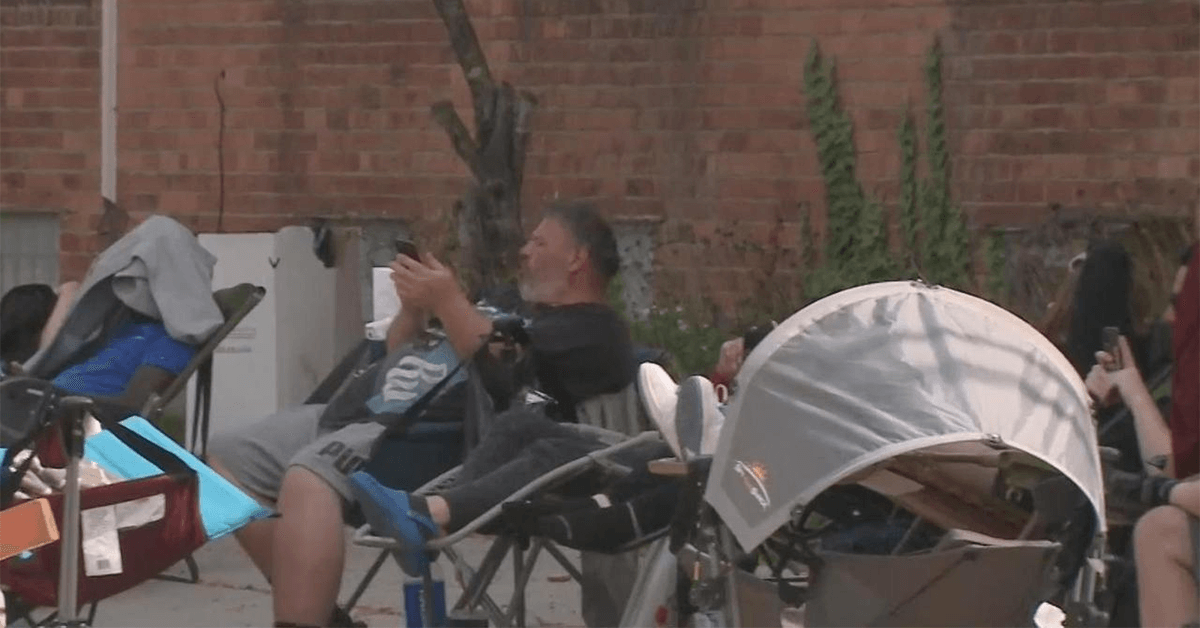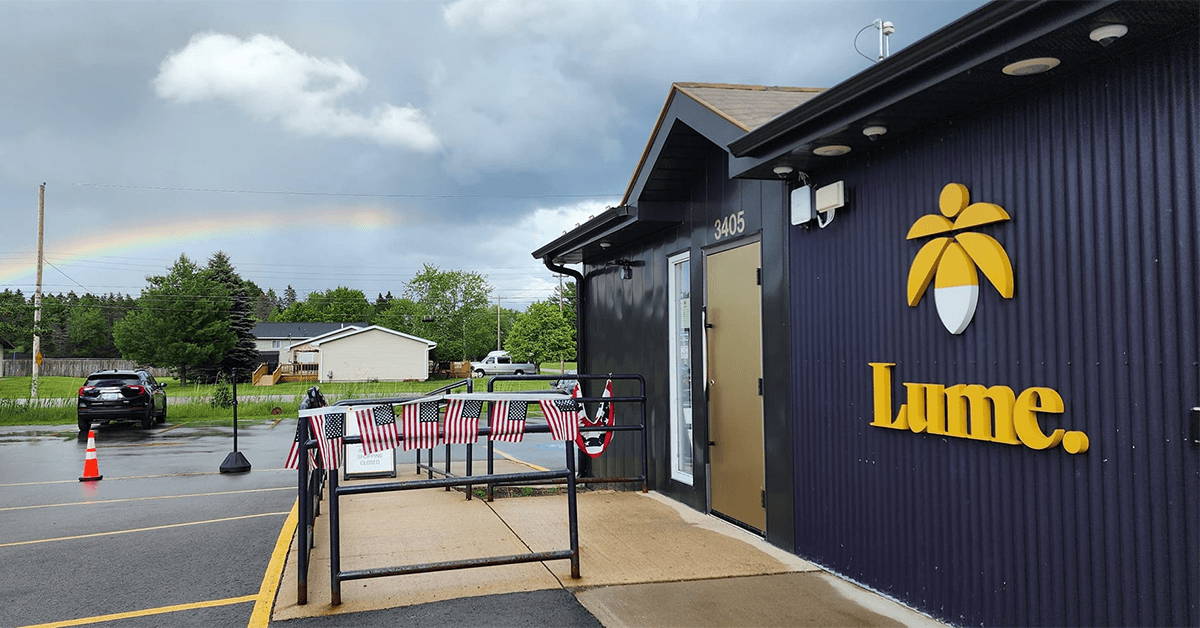The Impact of Cannabis Legalization on Michigan's Glassmaking Culture

Last weekend, glass enthusiasts from across Michigan convened in Detroit for the Michigan Glass Project, a festival celebrating the state's rich glassmaking culture, which has a strong connection to the cannabis community. Although I couldn't attend this year, the event sparked nostalgia for the head shops of the past.
Before the legalization of medical and recreational cannabis, finding quality bongs and pipes was a challenge. Options were limited to a few sketchy gas stations offering a small selection of foreign-made, mass-produced bowls and plastic bongs. For higher-quality pieces, one had to venture to head shops like In Flight Sports, Su Casa Boutique, or Krazy Katz, all of which have since closed.
You might wonder why these longstanding head shops have closed despite the growing acceptance and use of cannabis. The answer lies in the influx of wealthy investors into the cannabis accessory market, mirroring the broader trends in the cannabis industry. Legalization has rapidly changed laws and attitudes, attracting large-scale operators to a market once dominated by small, local businesses.
In the not-so-distant past, selling bongs could lead to jail time. Cannabis pioneer Tommy Chong was infamously imprisoned for selling bongs and other cannabis accessories online just two decades ago. Back then, the accessory market was fraught with risks that deterred deep-pocketed businesses. Local head shops, often run by cannabis enthusiasts, were among the few places where accessories could be purchased, with products labeled as "novelties" or "for tobacco use only" to avoid legal trouble.
As the legal cannabis market expanded, the risks diminished, and the technology and delivery methods for both cannabis and tobacco evolved significantly. The rise of vaping transformed the landscape, with consumers shifting from cigarettes to vapes, leading to a surge in vape shops that soon began stocking cannabis accessories. Chains like Wild Bill's have proliferated across the state, bolstered by the increasing popularity of vaping and cannabis. Simultaneously, cannabis dispensaries have emerged, also selling accessories and glass.
This shift has made it difficult to find locally made glass unless you connect with artists directly through social media. Corporate chains and large cannabis dispensaries have largely replaced mom-and-pop shops. Before legalization, a vibrant community existed around cannabis, with local glass artists showcased in head shops, fostering a sense of pride in owning high-quality, locally-made glass. These shops also played a crucial role in educating consumers about good glass quality and functionality. Today, much of this knowledge and passion has been lost.
This trend is not unique to Lansing. In Grand Rapids, only two mom-and-pop head shops that existed before legalization remain. The growth of the cannabis industry has pushed local operators out of the accessory market. It's a significant loss, and consumers are encouraged to support local shops when purchasing glass. In the Lansing area, options are limited but include Level Up Smoke Shop in Frandor and La Casa Del Rew in Old Town. These shops often offer products at comparable prices to mass-produced glass, supporting individuals who have long been valuable resources to the cannabis community.
Share this article:
Spotted a typo, grammatical error, or a factual inaccuracy? Let us know - we're committed to correcting errors swiftly and accurately!








 Helpful Links
Helpful Links